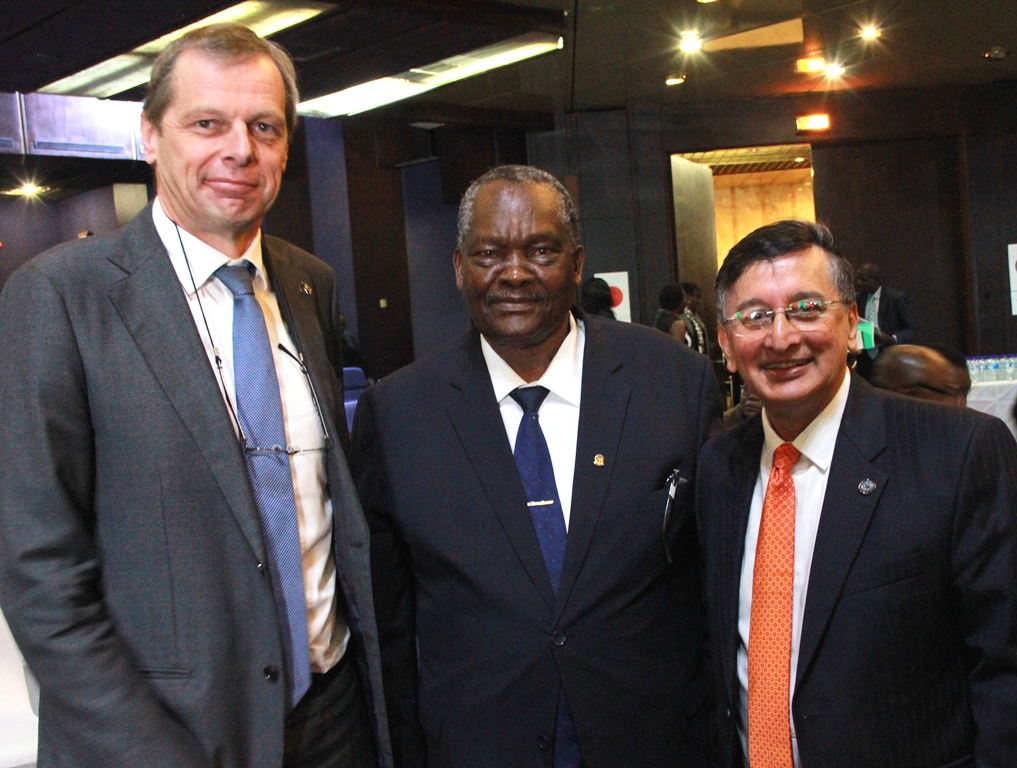The United Nations has welcomed the move by the National Peace and Reconciliation Commission (NPRC) of bringing together the principals of the political parties to pledge for peace ahead of the election on 30 July 2018.
Bishow Parajuli, the UN Resident Coordinator said the move embeds the principles of peace as a constitutional value. The platform prepares the nation for holding harmonised elections on the 30th of July.
“Today’s event marks an important commitment by political leaders to declare that violence has no place in the upcoming elections in Zimbabwe. Holding peaceful election will not only be the sign for the country’s democratic progress but also will also facilitate in unlocking domestic and foreign investment.
“Equally important is ensuring peace goes beyond the leaders of the political parties. Peace is everybody’s business, and that every citizen must play their part to cultivate, nurture and sustain peace,” Parajuli said.
He said the notion of the interconnectedness of Peace and Development – “no development without peace and no peace without development” remains at the heart of the work of the United Nations across the globe.
In that vein, respect for the rule of law, protection of human rights and gender equality are some of the fundamental building blocks for peace.
For Zimbabwe to advance sustainable, rights-based and inclusive development that leaves no one behind, citizens were encouraged to remain true to these fundamentals.
Violence has been singled out as one of the most extreme forms of suppressing the expansion of choices and the fulfilment of rights, and therefore a major threat to human development. It leads to the rapid man-made destruction of human development gains and has deep economic and social costs.
“Therefore, taking steps such as this pledge goes a long way in reconciliation, prevention and peace building efforts. In line with the 2030 Agenda for Sustainable Development and its 17 Goals, peace is fundamental to scale-up investments in Zimbabwe’s key sectors such as agriculture, tourism, and Small and Medium Enterprises as well as in the social sectors (health, education, and social protection) and resilience building of vulnerable communities for inclusive economic and social recovery as well as peaceful co-existence and harmony,” Parajuli said.
He added that there was need for increased civic awareness and political consciousness amongst the citizenry; improved realisation that gender equality changes the course of development and hence women’s political participation and voice is a sine qua non for socio-economic and democratic transformation.
Since women make up 52% of the country’s population, there is need to affirm their right and that of young people to participate in Zimbabwe’s political and socio-economic development processes not only as voters but also as candidates
The UN official insisted that there could be no development without peace. In that respect, peaceful, free, fair, transparent and credible elections are an integral part of a stable and peaceful society – a prerequisite for sustainable development.
